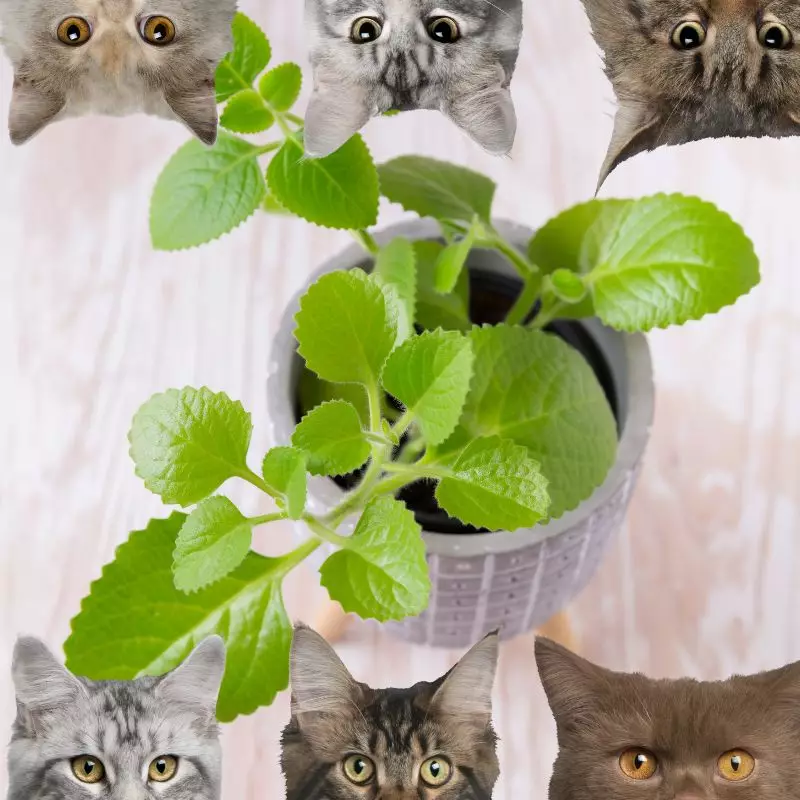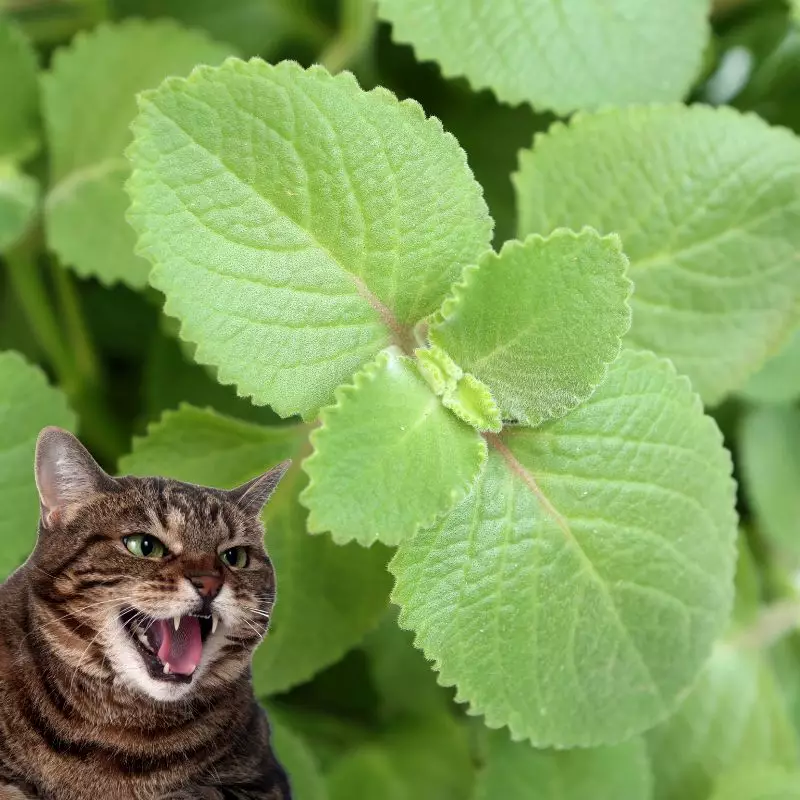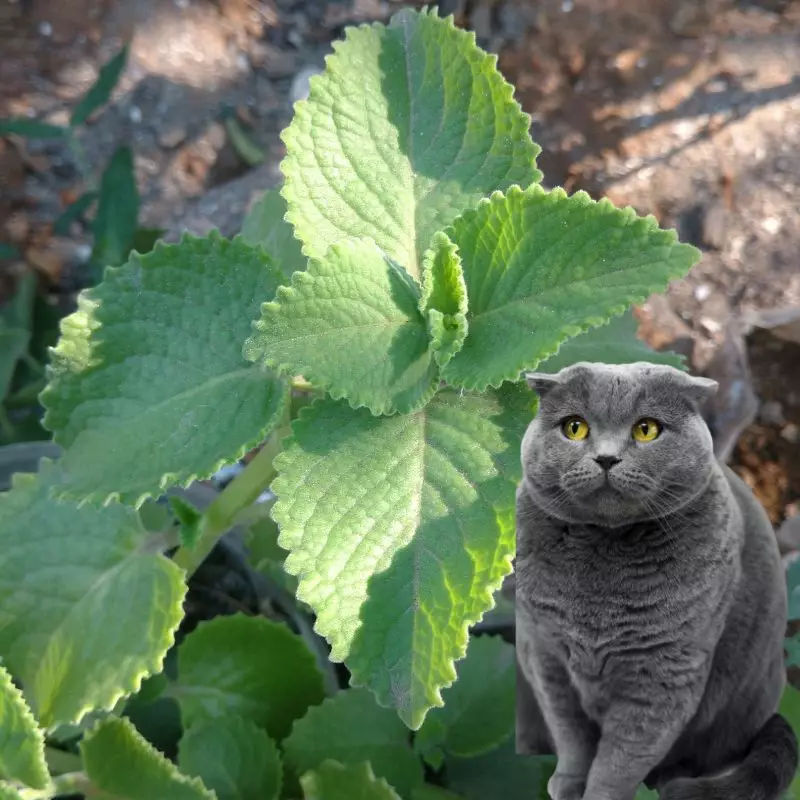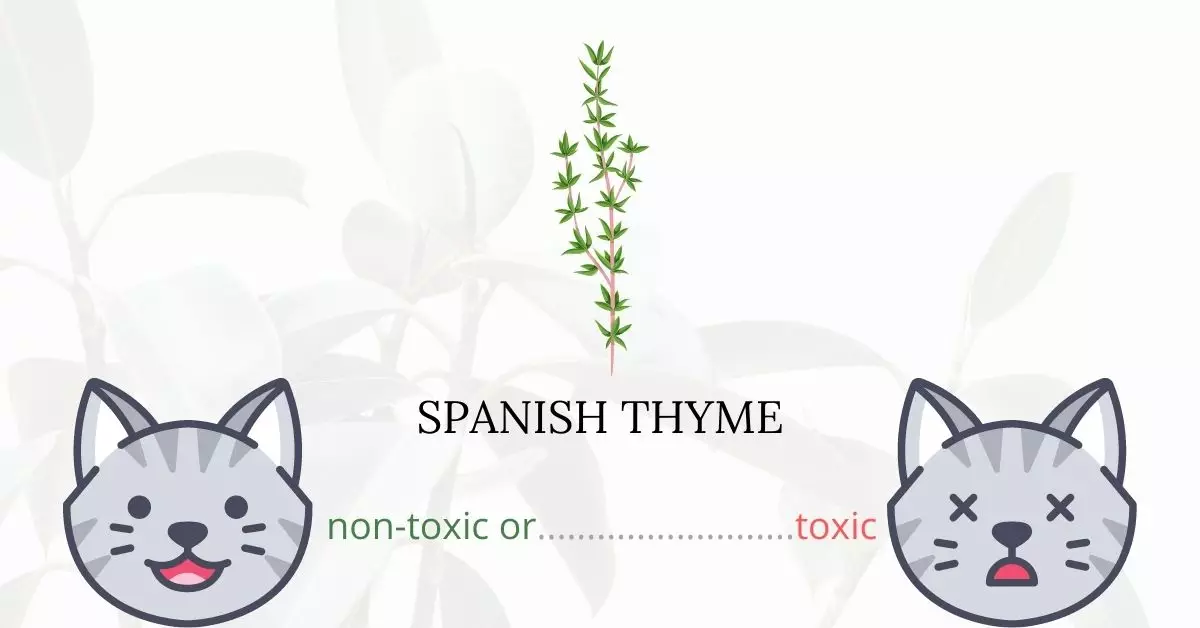Spanish Thyme indeed poses a toxic threat to cats due to the essential oils it contains, warranting careful and considerate handling of this plant when in the vicinity of our feline friends.
This article, a collaborative effort with a team of experienced Doctors of Veterinary Medicine (DVMs), aims to provide accurate, relevant, and current information regarding the risks Spanish Thyme and similar plants pose to cats. Our team of experts, alongside extensive research from high-authority veterinary health websites such as ASPCA and PetMD, have delved deep into understanding the potentially harmful effects of various plants on cats, focusing on Spanish Thyme in this instance.
Spanish Thyme’s essential oils can cause severe adverse reactions if a cat comes into contact with them, either through touch or ingestion. These oils, present in the leaves and blossoms of the plant, may induce burns on the cat’s skin and lead to symptoms of gastrointestinal distress if consumed. The deficiency of a specific digestive enzyme, UGT1A6, in cats impedes the breakdown of certain substances in the liver, allowing toxins to accumulate and potentially worsen the cat’s condition. Therefore, it is imperative for cat owners to exercise extreme caution and avoid any contact between Spanish Thyme and their pets.
Clinical Signs of Spanish Thyme Poisoning in Cats

When cats are exposed to Spanish Thyme, whether by contact, inhalation, or ingestion, several clinical signs quickly manifest due to the toxic properties of the essential oils in the plant. Here’s a closer look at each symptom and the underlying causes:
- Vomiting and Diarrhea (possibly bloody): Exposure to the toxic elements in Spanish Thyme irritates the gastrointestinal tract, leading to vomiting and diarrhea, which may be accompanied by blood due to internal irritation and damage.
- Lack of Appetite and Anorexia: The discomfort and internal distress caused by the toxins can lead to a lack of interest in food and, in severe cases, anorexia, as the cat’s body reacts to the ingested harmful substances.
- Depression and Lethargy: Spanish Thyme toxins can affect the cat’s central nervous system, leading to behavioral changes such as depression and physical weakness, as the body tries to combat the toxic effects.
- Drooling: The ingestion or mere contact with Spanish Thyme can lead to excessive salivation as the body’s reflexive response to expel the toxic substance.
- Skin Irritation and Visible Burns: The essential oils in Spanish Thyme can cause topical burns and irritation on the face, gums, and tongue due to their caustic nature when coming into contact with the skin or mucous membranes.
- Bodily Tremors: The disruption caused by the toxins to the nervous system can lead to involuntary muscle contractions and tremors as the body struggles to maintain normal function.
- Low Body Temperature (Hypothermia): The overall systemic impact of Spanish Thyme toxicity can impair the cat’s ability to regulate body temperature, leading to hypothermia.
- Depressed Breathing: The respiratory system can also be affected, leading to depressed or labored breathing due to the body’s adverse reaction to the toxins.
Immediate attention and veterinary intervention are crucial if a cat exhibits any of these symptoms after being exposed to Spanish Thyme, to avoid any long-term damage or fatal outcomes.
First Aid and Treatment of Spanish Thyme Poisoning in Cats

Once the veterinarian determines that your cat ate Spanish thyme, she will administer anti-emetic medicines that suppress your cat’s natural desire to vomit. Inducing vomiting in situations of Spanish thyme poisoning may be risky for your cat.
Your cat will also get intravenous fluids, which will rehydrate her and allow your doctor to constantly monitor her condition. If your cat is having difficulty breathing, she will be given extra oxygen.
The essential oils in the plant may have inflamed or burnt your cat’s skin, tongue, mouth, and gums if she consumed it. If she has been burnt, she will require treatment, which may include an overnight stay in the veterinarian’s clinic, particularly if the inflammation of her mucous membranes and the burns to her skin is severe.
Recovery from Spanish Thyme Poisoning in Cats

The faster your cat gets veterinary care, the higher its chances of survival. If you wait for too long before seeking medical intervention, your cat may suffer from kidney and liver damage, which can be fatal.
Prevention of Spanish Thyme Poisoning in Cats
Avoid growing Spanish thymes in your home. As a cat owner, research plants first before making a purchase and growing them in your household. Restricting your cat’s access outdoors will also minimize his exposure to toxic plants outside.
If you love plants but have cats at home, check out these lists:





